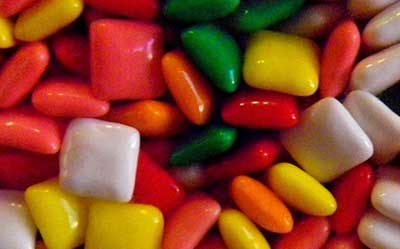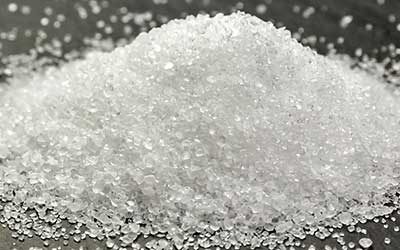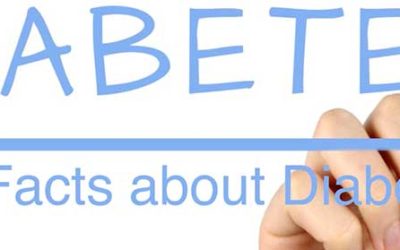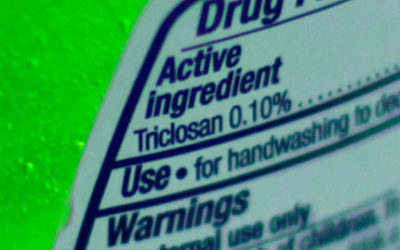Consuming sugar substitutes in lieu of sugar is an excellent choice for your body’s over-all health and functionality. But are they good for your teeth? As you well know, consuming sugar can lead to tooth decay and cavities. However, according to the science division of the American Dental Association sugar itself is not the cause of tooth decay and cavities.
In reality, dental caries are caused by the bacteria in dental plaque that thrive on sugar. As a byproduct the sugar eating bacteria produce an acid that eats away at tooth enamel which causes decay and eventually cavities. Sugar substitutes don’t have the same effect because oral bacteria can’t metabolize them like they do sugar. In fact, polyols, a family of sugar substitutes actually have anti-bacterial properties.
Also known as sugar alcohols, the members of the polyol family include sorbitol, maltitol, isomalt, and of course, xylitol. These naturally occurring sweeteners are derived from fruits, vegetables, and plant fibers. However not all polyols are created equally. In many clinical studies it has been confirmed that xylitol has superior oral benefits.
Aside from preventing the production of bacterial acid, xylitol also assists in keeping a neutral pH level in the mouth. These two effects of xylitol work hand in hand to stop acid-producing bacteria in their tracks. When the pH level of saliva and plaque do not fall, no acid is formed. Also, because oral bacteria cannot break down and metabolize xylitol, the amount of acid-producing bacteria may potentially decrease by as much as ninety percent.
In addition to xylitol’s impact on the population of acid-producing bacteria and their byproduct, xylitol is also capable of repairing damaged tooth enamel in certain applications. As an ingredient in oral care products that stimulate saliva such as chewing gum, tooth paste, and oral rinse, xylitol can help to revitalize damaged enamel. When xylitol helps to stabilize the pH balance and is contained in saliva, calcium and phosphate salts begin to fortify weakened enamel.
There is nothing to worry about in choosing xylitol as a sugar substitute. In fact by making the switch to xylitol, you may be able to reverse some of the damage that was there before.
Related Articles
Where to Buy Xylitol Gum?
How often do you chew gum? It’s a habit that a lot of people do multiple times a day. Chewing gum is often a stress reliever, and can help curb cravings. It’s also the perfect solution for after meals, leaving your mouth feeling and smelling...
Xylitol vs Stevia? What’s the Better Sugar Alternative?
A common question that's asked is, Xylitol vs Stevia? What should you choose for a sugar alternative? What is Stevia? Stevia comes from the Stevia rebaudiana plant, which is native to Paraguay, but can now be found around the world. The...
3 Desserts that Actually Help You Avoid the Dentist
Sugar Free Dessert Recipes That Can Help You Avoid the Dentist Just because you're living a sugar free lifestyle doesn't mean you have to ignore your sweet tooth and give up great tasting recipes. Find more scrumptious sugar free desserts and...
15 Facts About Diabetes
There are a lot of facts about diabetes, but you probably weren't aware of these 15. You might be wondering why a xylitol website is talking about diabetes. Well we support a healthy sugar free lifestyle, and encourage readers to choose...
Triclosan Banned From Soaps, But Not Toothpaste
In September, the Food and Drug Administration placed a ban on soaps and certain antibacterial chemicals which contain 19 different chemicals, one of them being triclosan. The FDA has given companies one year to remove the chemicals from their...
If Not Sugar, Then What? Your Best Sugar Alternatives
Given the new information about the sugar industry paying researchers to downplay the role sugar has in heart disease, finding sugar alternatives to sweeten our food with seems to be an important task. Finding an alternative to sugar isn’t...











